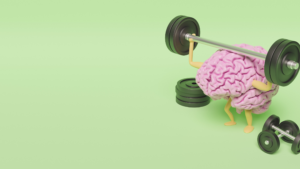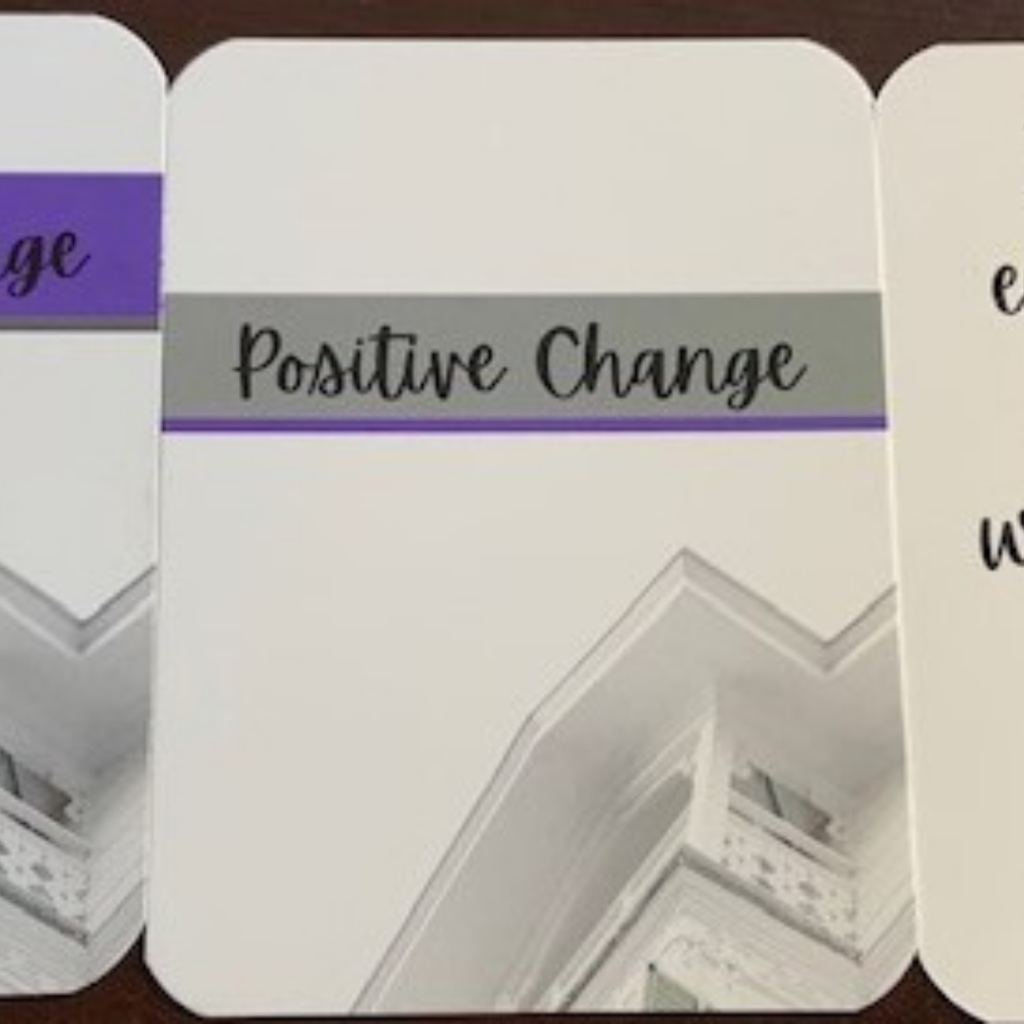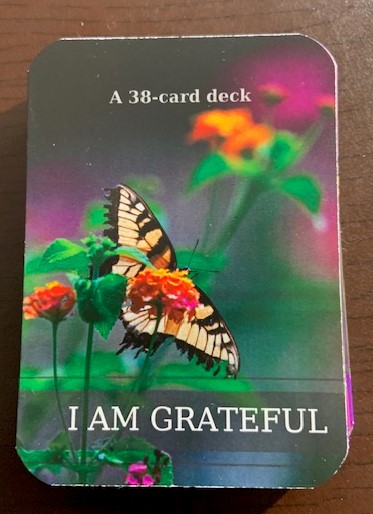“Defense mechanisms are psychological strategies that are unconsciously used to protect a person from anxiety arising from unacceptable thoughts or feelings.”
Nature has provided some amazing mechanisms designed to keep us safe mentally. Sea slugs squirt out their own intestines to make a veiled escape. Birds like peacocks and turkeys ruffle their feathers. Bugs and frogs carry poisons and colors on their backs to scare away predators—or punish stubborn ones.
Humans use defense mechanism as protection from feelings of guilt or anxiety, which may arise because we feel threatened. These mechanisms operate at a subconscious level and help to ward off unpleasant feelings. These feelings are a natural and normal part of living.
Below are a few defense mechanisms you may be using that you barely recognize:
#1: Denial:
Sometimes an event or circumstance is so devastating, we choose to tune it out, and don’t realize we’re doing it. You can become aware of your denial when other people around you call something to your attention.
#2: Repression:
Like denial, repression involves burying a thought or feeling deep inside. The drawback is the emotions and feelings tend to come out in other ways. For example, you could find yourself becoming argumentative at home when you’re angry at your boss but are unable to release that anger in a positive way at work.
#3: Projection:
Projection involves seeing something bad in other people, which may or may not be there (like a negative character trait) when really, you are exhibiting that same trait. It’s easier to ignore our own faults and pretend like other people have them instead.
#4: Rationalization:
This one involves taking a wrongdoing and reasoning it out to be okay. You’ll have to create a complex new system of logic to work this one into the universe in an acceptable way, but many a crime, from embezzlement to genocide, has been rationalized as acceptable.
#5: Reaction:
Sometimes the primal instincts take over, and we get ready to fight. In situations that don’t have a lot of time around them, you can quickly jump into a reactionary mood before reflecting and calming down…for example, if someone cuts you off in traffic, you could step into a mode of road rage; or, if someone argues with you at work, you could quickly defend yourself by escalating the situation into a shouting match.
Defense mechanisms can be viewed as a form of self-deception. You might be using them to hide emotional responses you would rather not deal with. You’re not always aware of how your mind might respond to stimulus such as anxiety.
This doesn’t mean you can’t change or modify these behaviors. These techniques might be of help:
#1: Develop coping strategies:
This may mean talking with a psychotherapist, or psychologist to help you recognize your most often used defense mechanisms. With the help of a mental health professional, you can learn to respond on a more mindful level.
#2: Find accountability:
Friends and family can help you identify defense mechanisms you use by helping you recognize the moment when you make an unconscious and unhealthy choice. This allows you to then make a conscious decision on how you want to handle a given situation.
Key Takeaway:
The use of defense mechanisms is natural and normal and are often used without long-term complications or issues.
However, there is always the possibility that emotional difficulties may arise if the underlying threat or anxiety is not dealt with. Finding someone who can help you address these issues may be necessary to move from unconscious living to mindful living.
Know someone who would benefit from my newsletters? Send them here to sign up below.
They’ll receive a copy of my free Positivity Journal.
***
***

Want more? Subscribe below!
We’ll send you our newsletter weekly, and also my Jump into Positivity Journal.
Top Posts
For inspiration to get you through your day, check out my book
Jump Into Positivity below!
You will receive awesome content in your inbox and also my Jump into Positivity Journal.
More Articles

Laugh Out Loud
Allow yourself to focus and thrive. When you become more productive you also become a healthier more self-aware version of you.

5 Daily Habits to Boost Your Mental Health
The only person standing in your way is you. You have the power to overcome any obstacle or challenge that comes your way.So, who’s stopping you?

Focus and Thrive
Allow yourself to focus and thrive. When you become more productive you also become a healthier more self-aware version of you.

Compassion vs Empathy: What is the Difference?
The only person standing in your way is you. You have the power to overcome any obstacle or challenge that comes your way.So, who’s stopping you?

Heartfelt Thanks
The only person standing in your way is you. You have the power to overcome any obstacle or challenge that comes your way.So, who’s stopping you?

Reach Out and Touch Somebody
The only person standing in your way is you. You have the power to overcome any obstacle or challenge that comes your way.So, who’s stopping you?








